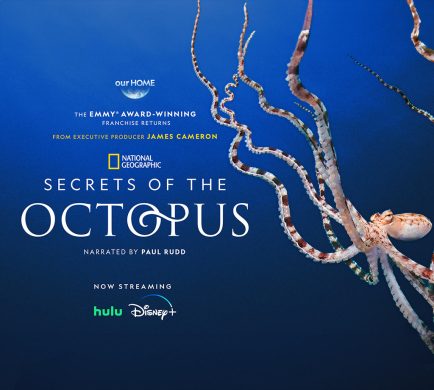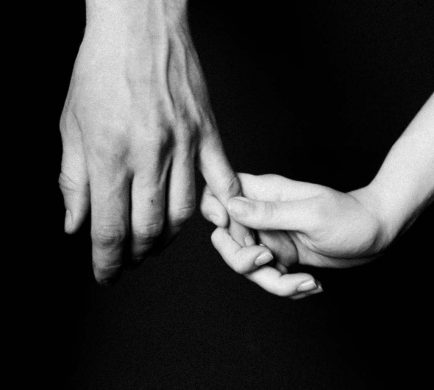By Angela Dunning
During my training to become an Equine Facilitated Learning practitioner, I was introduced to the idea of the “feeling bearer” in each family by one of my trainers, Kathleen Barry Ingram.
The “feeling bearer” is usually more sensitive than their other family members, as well as more empathetic and more intuitive.
It seems that this individual can sense the truth of everyone’s feelings, regardless of whether they are acknowledged and spoken about. If they are not aired and made congruent then this person still feels the entirety of these feelings, regardless.
Therefore, they often carry an immense burden, often alone and often in silence. Frequently suffering from the enormity of the pain, depression, traumas and family secrets that remain buried.
To the sensitive child this is utterly bewildering: not only do they have to deal with their own individual feelings, thoughts and experiences, but they also have to carry everyone else’s. Further, the remaining family members feel, unconsciously and non-verbally, that they are being relieved of their burden and so happily continue with their patterns of burial and denial of feelings and pain. And so the cycle continues.
If, for example, a parent or both parents suffer from depression, but never seek help or even acknowledge they are depressed, the “feeling bearer” can end up carrying their parent’s depression on top of their own, which usually appears in response to carrying these burdens. The depression is thus felt doubly and further bewilders the individual as they try to make sense of where it originates from. It can take years to realize that some of this may actually belong to their parent/s.
Further still, each family also carries the burden of pain and trauma of their ancestors, and so these unconscious feelings are also felt by the more sensitive “feeling bearer”, as again, most of the family members wish to remain unconscious of these, due to their fear of emotions and pain.
In addition, the projections and thwarted ambitions and dreams of a parent can also be placed as a burden onto the child, often also accompanied by inappropriate or hurtful emotions such as envy or anger. As Carl Jung famously said: “The greatest burden a child must bear is the unlived life of its parents.”
The “feeling bearer” then plays a significant role in enabling their family to continue to function, no matter how dysfunctional it may actually be. But they pay an enormous price for doing so. Whilst in childhood they do whatever they can to survive, it is not long before extreme coping mechanisms take over as the burden becomes increasingly intolerable while the years tick away.
Symptoms and behaviors start to dominate their life, these can include any of the following:
DepressionAnxiety
Anxiety
Social anxiety/phobias
Trauma or PTSD symptoms
Co-dependency in relationships
Low self-esteem and confidence
Severe loss of sense of self
Borderline personality disorders
Psychotic disorders or breakdowns
Difficulty to continue with studies or jobs
Alcohol or drug dependency, or other addictions (sex, work, eating disorders, etc.)
Difficult behaviors, such as anti-social, rebellious at school, etc.
Inability to cope with “normal” everyday life Severe introversion Physical illness or disease – recurring migraines, ME/Chronic Fatigue, Fibromyalgia, skin, stomach or digestive disorders, to name a few.
To recognize yourself as having played this role in your family can bring a huge sense of relief and is the start of unburdening yourself. By bringing your conscious awareness to where your boundaries ought to be and working on re-establishing these, plus getting professional support, which is often vital, you can begin to reclaim yourself and let go of what does not belong to you. Returning these feelings to others and to where they rightfully belong, whether literally or symbolically, can bring much-needed healing over time.
Learning to develop strong, clear boundaries and emotional intelligence skills is vital to regaining a clearer sense of who you are and preventing yourself from continuing to undertake this role, perhaps now in your own family or in your profession. Many “feeling bearers inevitably end up in the caring and supporting professions as their innate qualities, and empathy, in particular, makes them inclined to want to help others. However, to continue doing so unconsciously runs the risk or high levels of stress over time and real burn-out.
In my experience of being a high sensitive, empath and intuitive, and most definitely the “feeling bearer” in my own family of origin, wherever I am, there is the risk of me playing this role once more, and of others happily expecting me to. I have worked in organizations where emotions and congruency are absent and it becomes unbearable for me after a while, as I often end up in conflict with others when I try to establish boundaries and behave authentically. This dynamic can of course also be created in our intimate relationships where we are likely to choose a partner who has difficulty feeling and so again we undertake that function for them.
If after reading this you think you may have played this role, and perhaps still are doing so, then contact a professional who can give you support and help to work through this habit. I also recommend reading up on the trait of being highly sensitivity (HSP) and being an empath, and learning how to set boundaries.
Angela Dunning has been a certified Eponaquest Instructor since 2007. Based in Herefordshire, England, she also practices elsewhere in the UK and abroad on the invitation. She delivers gentle yet powerful personal development and training programs in Equine Facilitated Learning to individuals, groups and organizations. She specializes in helping people reconnect to their body, emotions and personal power. She particularly works with women with depression, low levels of confidence and relationship issues, using ground-breaking techniques that make a real difference to your life, your inner healing work and your relationships. In addition, she offers consultancy, supervision and training in equine facilitated practice. Angela is also a passionate writer of books, articles and poetry on related topics.Learn more about Angela and her EFL work and read her Blog here: www.equinereflections.co.uk. You can also connect with Angela on Facebook also: www.facebook.com/equinereflections







